This Scandi decluttering philosophy might just help you avoid filling your home with too much 'stuff'
'Lagom' is a Swedish way of life meaning 'not too much, not too little', and it's sure to change your mindset toward decluttering

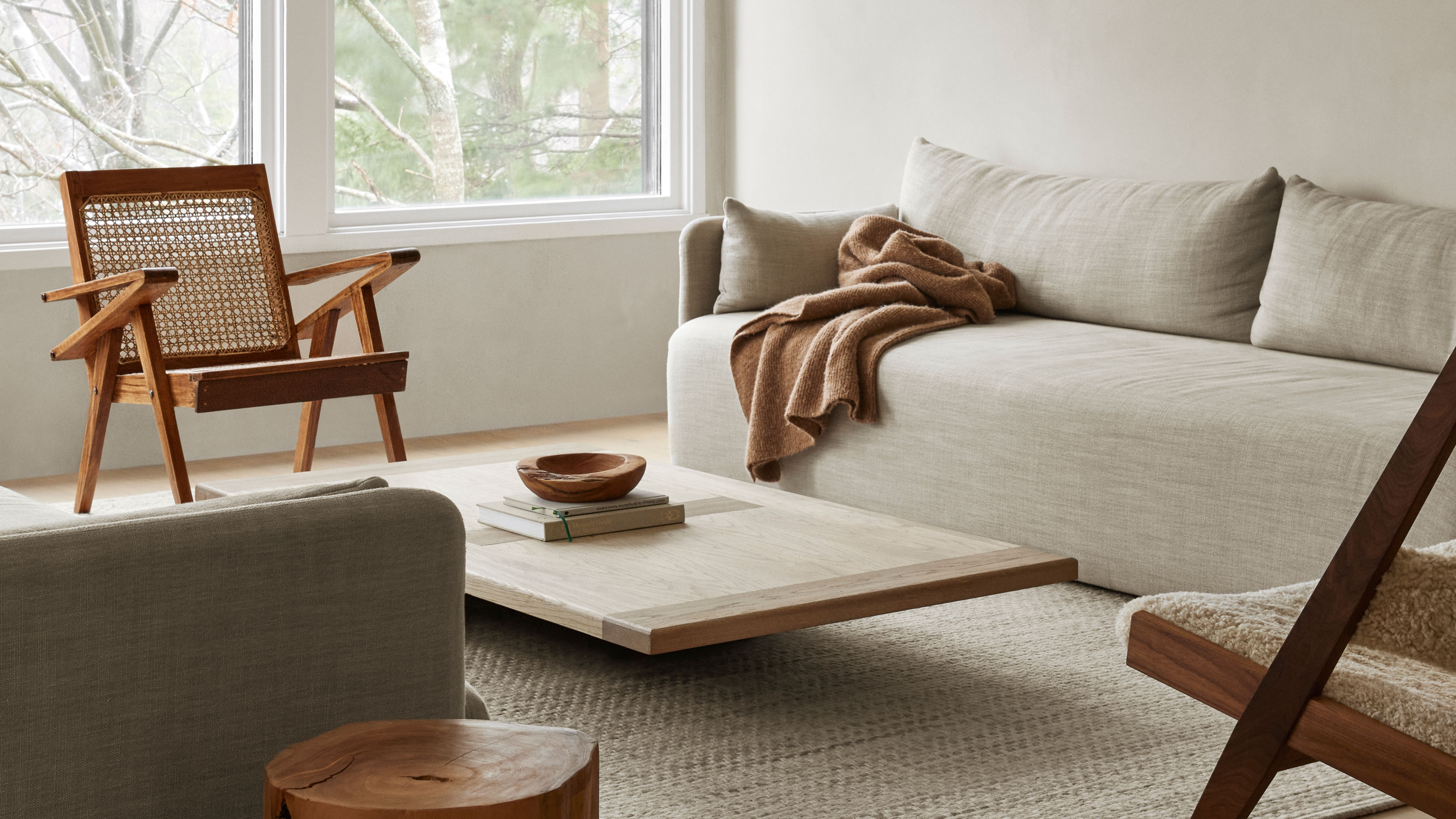
I'm a firm believer that a tidy home is a happy one, and I'm certainly not alone in thinking so. We all know that Scandinavians take pride in their homes and we're forever finding inspiration in their simple, pared-back designs. For the Swedish, however, their approach to home decor has a lot to do with a type of philosophy they call 'lagom', and, as it turns out, it can teach us a lot about how to achieve a more clutter-free home.
When it comes to how to declutter a room there are a whole host of decluttering tips, tricks, and hacks you can try, but in some cases, you might help to adopt a more holistic approach. That's exactly what lagom teaches. The Swedish ideology is all about living a balanced, moderately paced life, both at work and at home. It's about hitting that sweet spot in the middle of having too much and too little - the Goldilocks position, if you will.
So how does that relate to decluttering? Well, decluttering is more than just throwing out stuff we haven't used in a while for a short-lived dopamine hit. As well as tidying up our interiors, a clutter-free home is about learning to live a fuller life with less. Here, I spoke with some experts to learn more about how we can use lagom to influence our decluttering habits.

Lilith is an expert at following news and trends across the world of interior design. A firm believer that a tidy home is a happy one, she's committed to helping readers organize and declutter their spaces through sharing practical tips and guides. For this piece, she spoke with the professional organizers about how we can apply the Swedish principles of Lagom for a more clutter free home
What is 'lagom'?
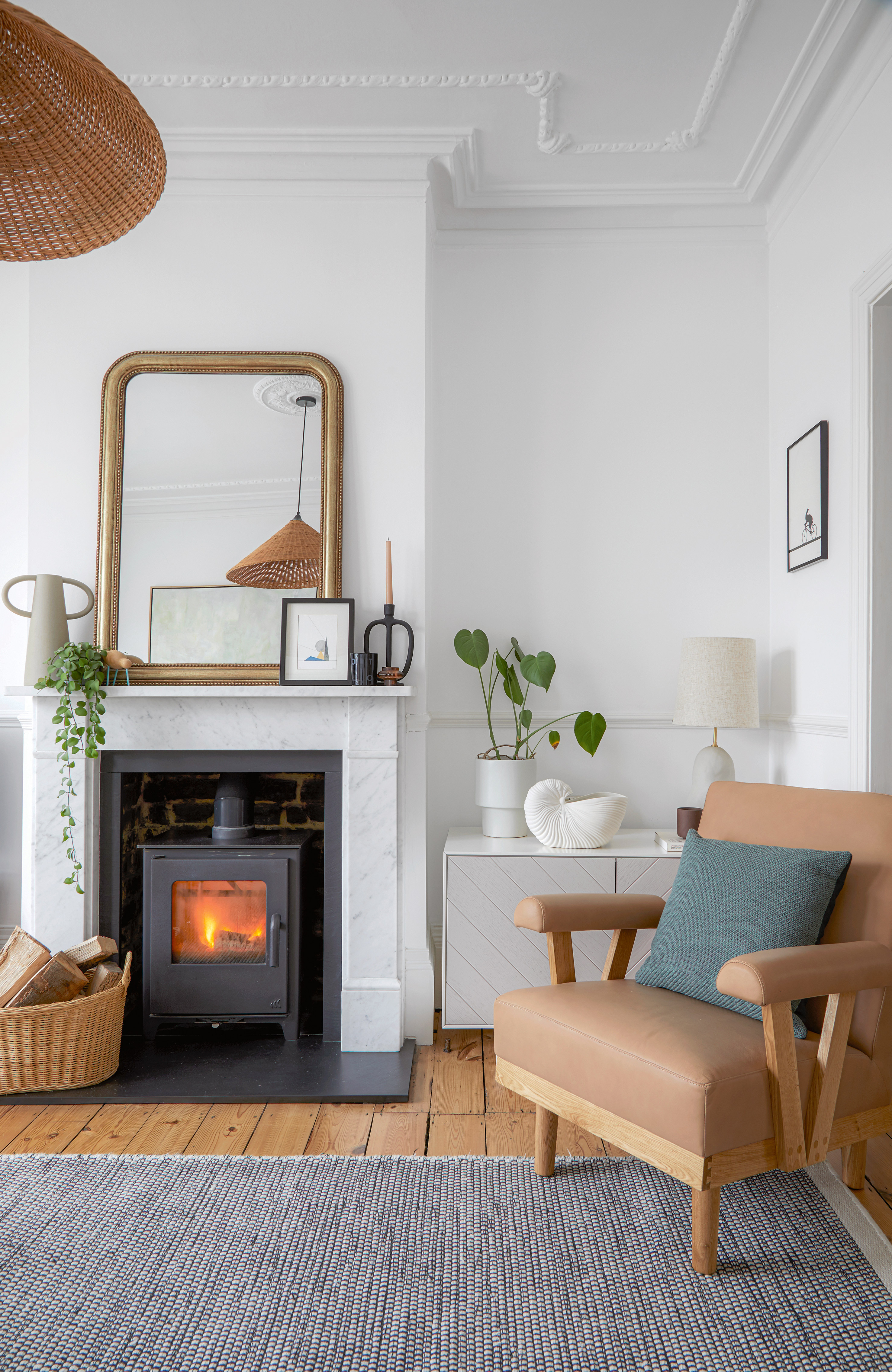
You've probably heard of hygge, perhaps even niksen, and lagom is essentially another way of living a more stress-free life, this time originating in Sweden.
'Lagom (pronounced lay-gom) is a Swedish word meaning everything in moderation, and roughly translates to "not too much, not too little",' explains Niki Brantmark, founder of My Scandinavian Home and author of Lagom: The Swedish Art of Living a Balanced, Happy Life, (available at Amazon). 'It's about finding a balance that's just right for you.'
When it comes to creating a more clutter-free space, lagom can therefore teach us some useful decluttering tips. Most of us want to wave goodbye to some of the unnecessary stuff we've collected over the years, but a completely minimalist home isn't realistic either. Lagom can help us reach a point where we're content with having just the right amount of belongings.
'Many of us are guilty of owning too much stuff, and being surrounded by too much clutter can also make it harder for us to relax,' says Niki. 'If you would like to achieve a simple, balanced lagom way of life, you first need to rid yourself of all things that clutter your home.'
The Livingetc newsletters are your inside source for what’s shaping interiors now - and what’s next. Discover trend forecasts, smart style ideas, and curated shopping inspiration that brings design to life. Subscribe today and stay ahead of the curve.
3 steps to a more clutter-free space, inspired by lagom
1. Follow the 'one in, one out' rule
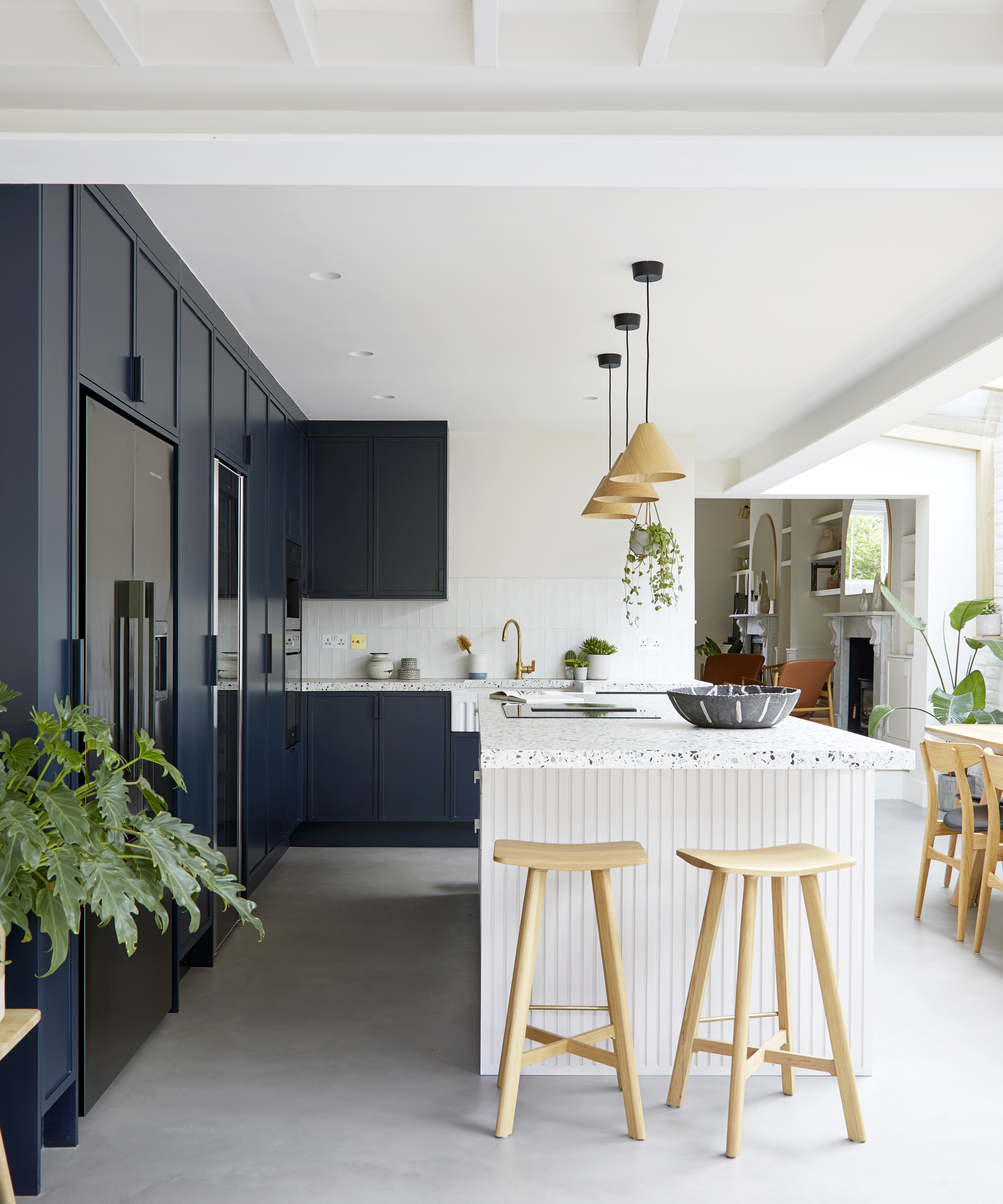
At its core, lagom is about balance. While the concept itself is more figurative, achieving this sense of harmony starts with maintaining a literal balance in everything you do. That means having a good work-life balance; not waking up too early and not staying up too late; not eating too much or too little, and so on.
The same applies to things we bring into our homes. To stay on top of this, Niki recommends following the one in, one out rule. 'For every item that you accumulate, something you neither love nor use has to go,' she explains. This helps prevent stuff from building up in your space while also allowing you to buy that new mug you fall in love with or that dress you just can't live without. The only rule is, once it enters your home, something else must go. (It's a good idea to choose like items for this, i.e. an old mug and an old dress.)
Whether closet organization or kitchenware, you should apply this principle to every area of your home. 'Keep on top of piles of books, paperwork, outdated clothes, and gadgets,' says Jane Lee, professional organizer and declutterer at Jane Lee Interiors. 'Nipping clutter in the bud before it becomes overwhelming is key to Lagom living.'
2. Adopt a 'less is more' mindset

'Less is more' doesn't necessarily mean full-blown minimalism in interior design, but it is a good mindset to adopt when it comes to decluttering. As Niki explains: 'The fewer items you have in your home, the more likely that you'll be able to appreciate each and every possession you own.'
Letting go of stuff is hard and we often hesitate to throw something out because we recognize the value of something even if we don't make use of it ourselves. But that's why it's important to prioritize the things that do contribute the most value -and on regular basis. 'Get rid of things you no longer need to give special things room to breathe,' says Jane.
3. Carefully curate the items you have on display
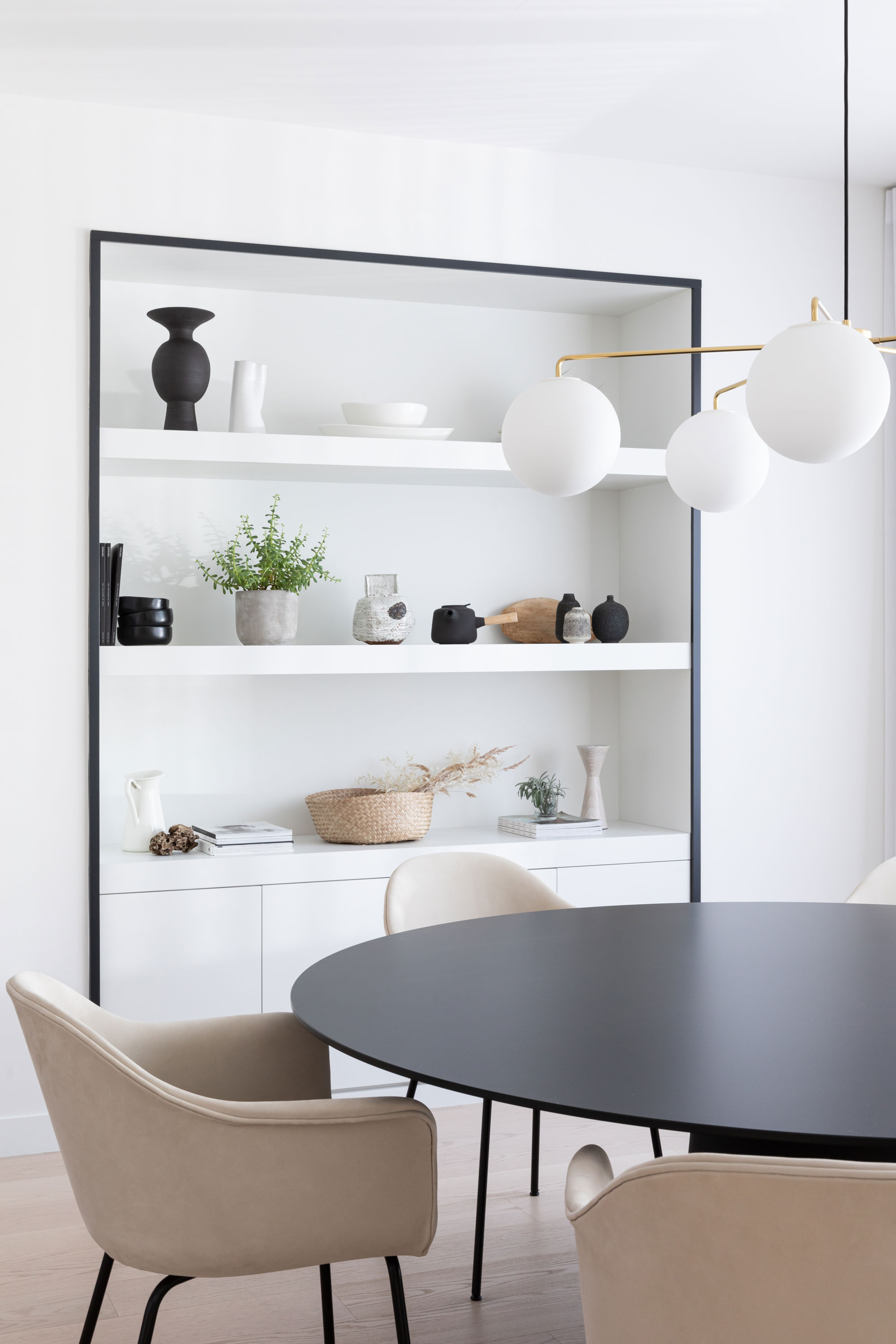
Decluttering and reorganizing your decor come hand in hand, so be sure to display the decorative items that you keep in a considered and curated way. Rather than placing everything together on your shelving or sideboard, pick the very best items and try to donate the things you're unlikely to ever display (allowing exceptions for sentimental items and family heirlooms).
'Show off a special vase, treasured photos, or a favorite set of cocktail glasses rather than hiding them in cupboards,' says Jane. 'Think about what you want to shine and enjoy looking at every day (and what you don’t!)'
'Gather your best decorative pieces in groups of 3, 5, or 7, leaving space between each group for a light and airy feel that's pleasurable to look at,' adds Niki. 'If you change it up regularly you'll appreciate the items you have more, keep your home looking interesting, and feel less inclined to acquire new pieces.'
Before you know it you'll have a clutter-free home that looks far more balanced, harmonious, and thoughtfully curated - and you're mental well-being is sure to benefit from it too.
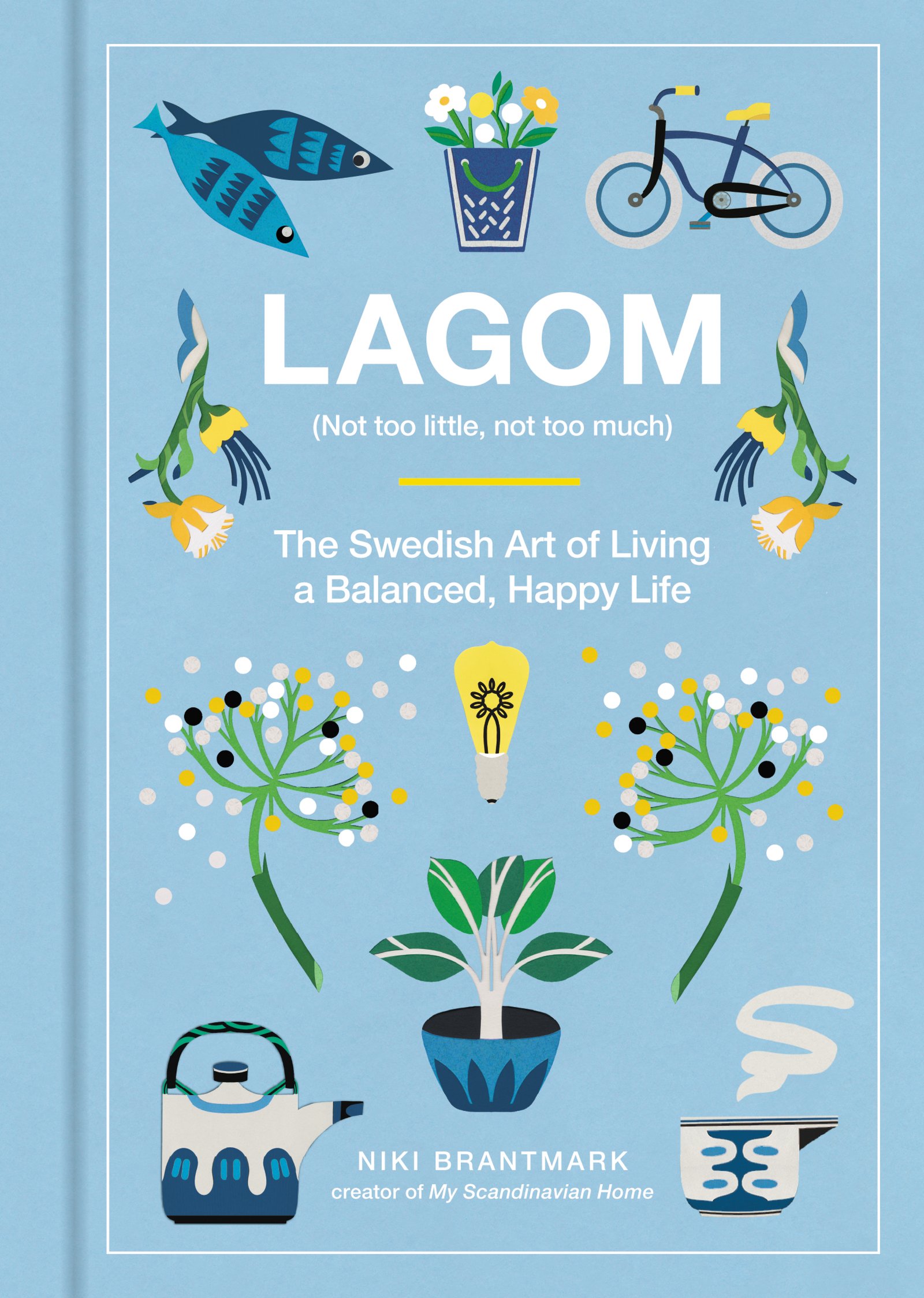
Lagom is the Swedish antidote to the stressful, fast-paced 21st century lifestyle. After moving from London to the Swedish countryside, Niki Brantmark wrote this book which offers insightful suggestions to help you make subtle changes to your life so you can make time for the things that matter most.
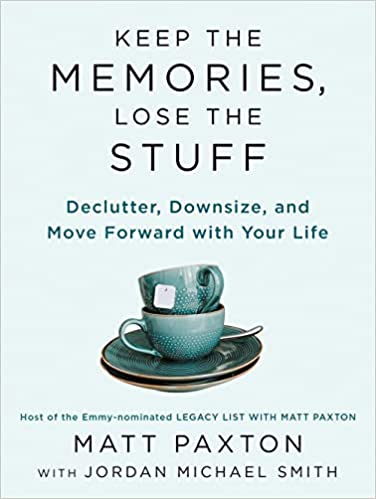
Probably the biggest thing holding you back from decluttering is your sentimental attachment. With empathy, expertise, and humor, Keep the Memories, Lose the Stuff, by Matt Paxton helps you to let go of what all the stuff that no longer serves you, helping you to live in the present moment
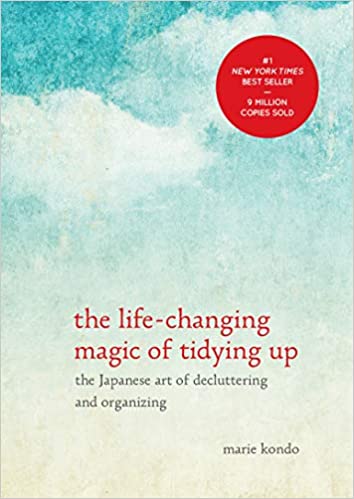
If you really want to kick the clutter for good, this book might be for you. Written by the Queen of organization, Marie Kondo, this book lays out the core principles of The KonMari Method, the revolutionary category-by-category system that promises effective decluttering results.

Lilith Hudson is a freelance writer and regular contributor to Livingetc. She holds an MA in Magazine Journalism from City, University of London, and has written for various titles including Homes & Gardens, House Beautiful, Advnture, the Saturday Times Magazine, Evening Standard, DJ Mag, Metro, and The Simple Things Magazine.
Prior to going freelance, Lilith was the News and Trends Editor at Livingetc. It was a role that helped her develop a keen eye for spotting all the latest micro-trends, interior hacks, and viral decor must-haves you need in your home. With a constant ear to the ground on the design scene, she's ahead of the curve when it comes to the latest color that's sweeping interiors or the hot new style to decorate our homes.